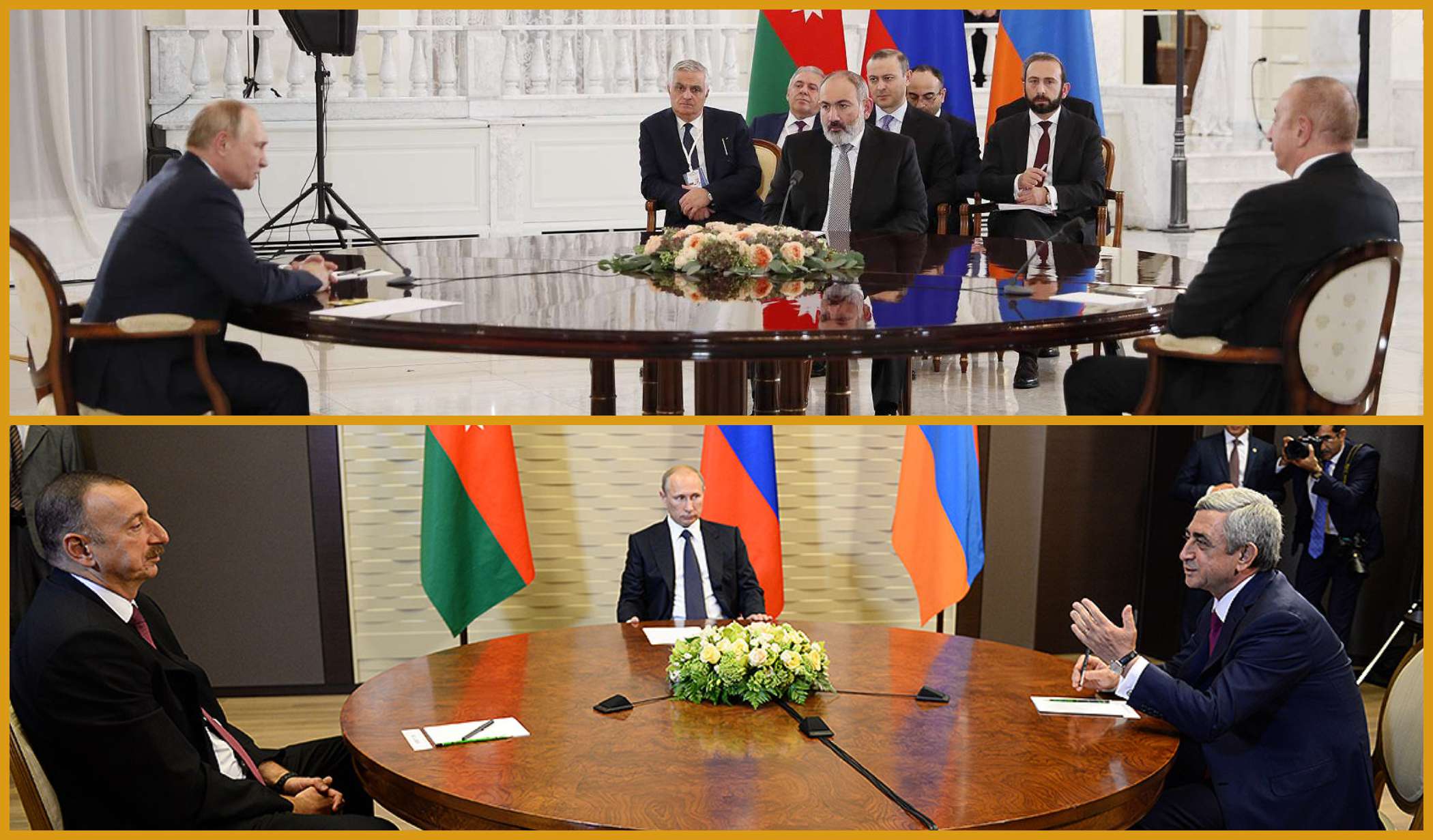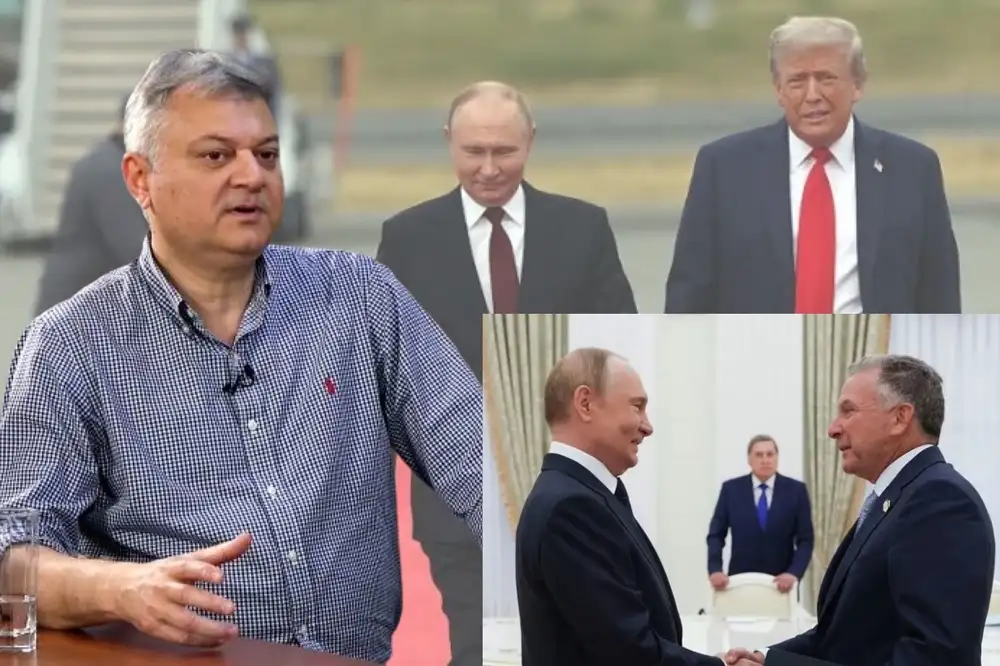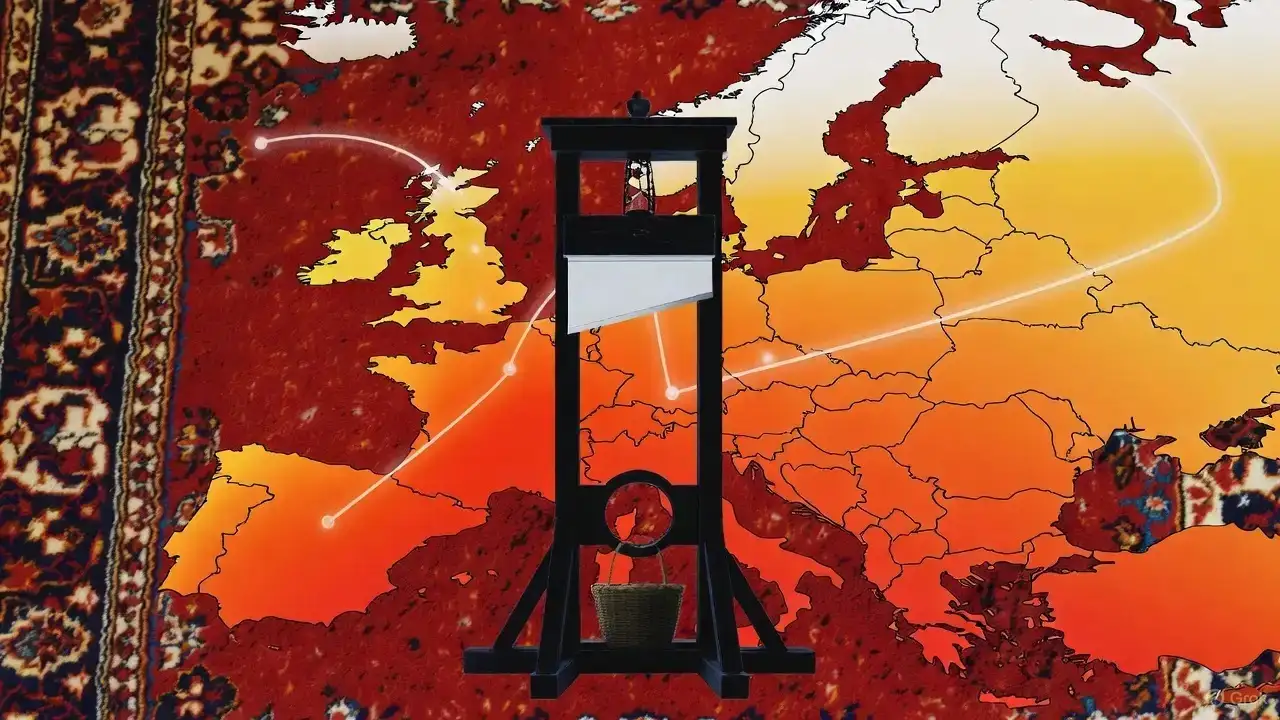Political commentator Hakob Badalyan wrote on his Facebook page.
"When people talk about Russia's failure in Sochi, the question arises: what should have happened, so there was no talk of failure? For example, what outcome did we envision if we didn't say that Russia failed in Sochi? I say this if we consider the situation outside the field of likes and dislikes or tastes and desires.
Should Yerevan and Baku sign a peace treaty in Sochi or announce a specific date for signing it, or should Aliyev announce that he recognizes Artsakh or extend the term of the Russian peacekeeping mission? What measure allows us to talk about failure or would let us speak about non-failure?
In Sochi, Russia solved the issue it was dealing with after the 2020 war to fix its place and role.
Moscow tried to do more before the 44-day war, but it was not allowed to do so and was forced to "share" the Caucasus with Turkey, giving a significant place to Israel as well. After November 9, Russia is not trying to do more than maintain the status quo. Sochi was part of that series and was a failure as much as the 44-day war was a failure.
And I have always stated that I consider that war to be Russia's failure and defeat, expressed in different dimensions than the defeat of the Armenian side could be said. As a result of the 44-day war, Russia lost the "nail" of the geopolitical context of the Armenian-Azerbaijani conflict, the control of the territories adjacent to the northern border of Iran.
Naturally, a player of that caliber will not admit that he is a defeated and failed side. Therefore, one should do their best to spread the word about what happened exactly as they wanted and planned. It is "fatal" for power centers to allow a typical mentality of their weakness or defeat.
The so-called "Lavrov plan," with which we associate the 44-day war, was aimed at the success of Russian peacekeeping in the northern border zone of Iran. Meanwhile, the war failed precisely; Turkey and Israel occupied that zone. When Shoigu declares that they carried out a "complex operation" with Turkey in Karabakh, he means they could keep at least Stepanakert and above for themselves.
What would Moscow do if Erdogan did not agree to stand in Shushi? Would he go to war with Azerbaijan and Turkey? How was a Russian helicopter shot down hours before the November 9 declaration was signed?
I will repeat what I have said many times. This is not about Russia's "innocence" or the bloodlessness of our boys; it's just that we should try to assess what is happening as thoroughly as possible because assessments should not be a goal; they should be a way to diagnose the situation and work out what to do next. That is why the declarative evaluations of the "Russian-Turkish alliance" are as "heart-warming" as they can practically "dull" the mind, constantly keeping us in declarative and rigid schemes, when they are, to put it mildly, not single-valued and single-layered.
Accordingly, it is not Russia that failed in Shushi. Russia's "crucial failure" was in July 2020, in Baku, where they could not push Aliyev into a corner so that he would remain in the "Lavrov plan" fold. The opposite happened: the leading "ambassador" of Russia, Mammadyarov, was neutralized in Baku.
In Sochi, Putin says he has no problem opposing Western initiatives if they promote peace. At the same time, he says that it will not work to leave Russia out of the game. In effect, Moscow appears to be transitioning into the mode the US was in after Key West to disrupt the Russians. Now the Russians are going into a way of disrupting the Americans, that is, disrupting where they see the possibility of a decisive breakthrough because, in general, they would not mind ceding the initiative if it would reduce the risk of destabilization, which for them could be genuinely deadly, inevitably again at our expense.
We as a society can continue our "ballet" toward Russia, the US, India, or Iran, awaiting the imminent destruction of some "evil" (everyone has their definition of evil) because time and life have shown that we are not practically capable of anything else. Otherwise, this ability would have been demonstrated by now by some more or less established institutional reality, be it in the state or public sphere.
Meanwhile, this is our main challenge today: to find qualities of institutional capitalization of diversity and differences so that we can move from the role of "fan" to the status of the political participant through this mechanism.


















